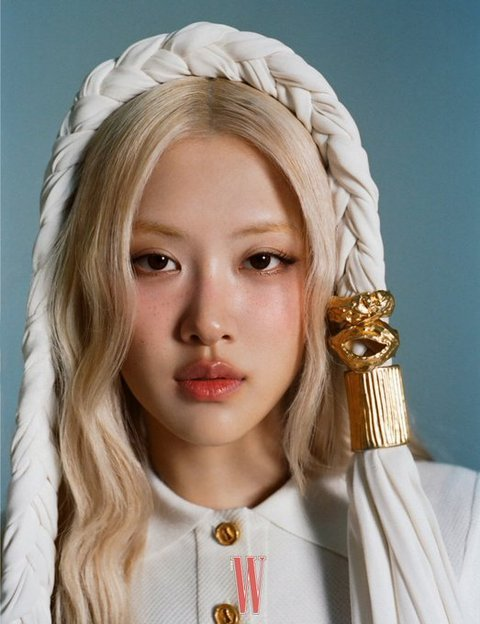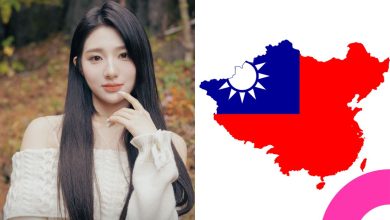
Recently, BLACKPINK’s Rosé has come under fire from netizens accusing her of harboring a “white complex.” Critics point to her unwavering commitment to blonde hair since debut and her decision to transfer her music copyrights from Korea to the U.S. as evidence of a preference for Western identity.

Rosé, born in New Zealand and raised in Australia, has maintained her signature blonde locks throughout her career. While some fans view this as a personal style choice, others interpret it as an attempt to align more closely with Western beauty standards.
The controversy intensified when Rosé withdrew from the Korea Music Copyright Association (KOMCA) and entrusted her music rights to U.S.-based entities like ASCAP and BMI. This move, unprecedented among major Korean artists since Seo Taiji in 2002, led to speculation about her commitment to the Korean music industry.

Supporters argue that Rosé‘s decisions are strategic, aimed at maximizing her global reach and managing her career more effectively. They emphasize her dual citizenship and international upbringing as factors influencing her choices. Moreover, Rosé has expressed pride in her Korean heritage and frequently showcases Korean culture in her work.
- Do you want to become white just by dyeing your hair blonde?? Lol, are you in elementary school?
- At least know the facts before you criticize lol. Rosé has dual nationality, Korean and New Zealand. She signed an exclusive contract with an American agency, so she’s an Atlantic artist. Since she has dual royalties from Korea and the U.S., that’s why she’s currently in the Billboard Top 10 and has been charting for 26 weeks. Her music revenue is bigger, and she chose the U.S. because they manage things more systematically. The blonde hair looks good on her, so that’s why she’s doing it lol. She says she’s Korean on a lie detector test and loves the Korean food her mom makes, but stop with the white-complex nonsense;;
- It’s impossible for two groups to manage the same song, right? The Korea Music Copyright Association (KMCA) primarily manages domestic copyrights, but how can they manage a much bigger overseas trust? Moreover, Rosé’s album was produced in the U.S., and the songs she worked on herself should be managed by the U.S. copyright association. If someone just received a song from a foreign composer and only sang it, or contributed very little, they wouldn’t need to leave KMCA.
- Rosé says in interviews that her identity is Korean, but she’s being treated like a foreigner lol. This article is so gloomy.
- It seems like you have the white-complex yourself…
The debate highlights the complexities faced by global artists navigating multiple cultural identities. As K-pop continues to gain international prominence, discussions about cultural authenticity and personal expression are likely to persist.







